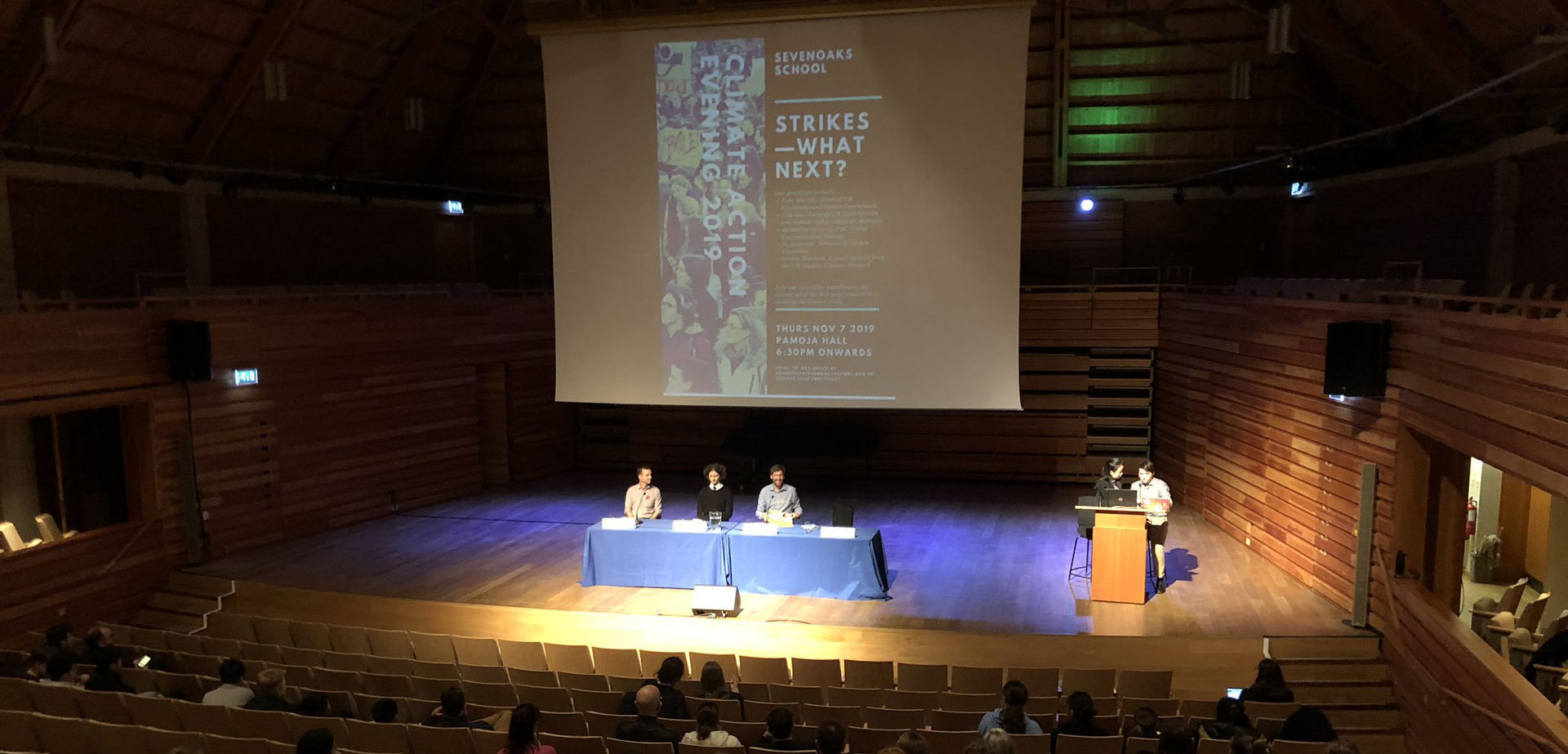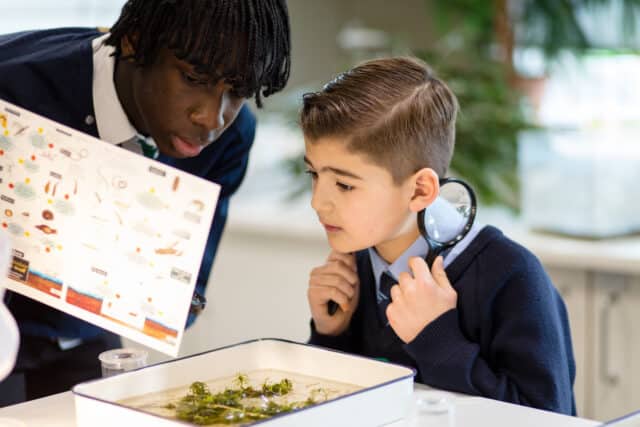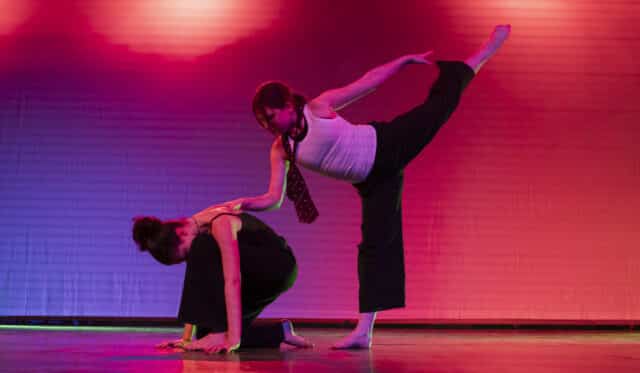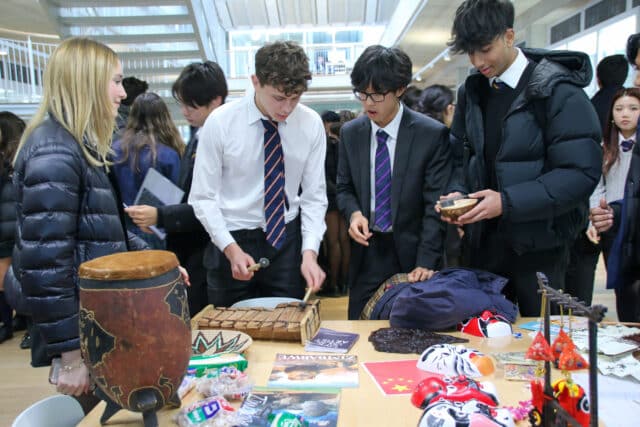Sevenoaks School hosted its first Climate Action Evening on 8 November. With the title “Strikes – What’s next?” the panel discussed long-term systemic, corporate and individual goals we should aim to adopt in order to prevent climate change.
Luke Murphy, head of the UK Environmental Justice Commission, spoke about what it means to achieve climate justice. He explained the injustices caused by climate change, from economic to intergenerational, and concluded that we need a just transition that decarbonises the job market without displacing vulnerable workers and risking future generations. He proposed that government should influence this transition through investing in public transport, efficiency in homes and green energy.
Serena Murdoch, representative from the UK Student Climate Network and student at Sevenoaks School, expressed the urgent need to transform the national curriculum. As the youth are the future, we are inevitably going to have a large role in tackling climate change. She went on to explained that UKSCN’s TeachTheFuture campaign aims to integrate not only the science behind climate change, but the social, political and economic structures that intensify it into the national curriculum. The aim behind this is to better equip young people to deal with our dying future.
Tim Gee, a spokesperson from Amnesty UK, spoke about climate change as a human rights issue, highlighting the threat climate change is currently posing to shelter, health, sanitation and life, particularly in the global south. He stressed that any transition into a green future must respect human rights and build equality internationally. Furthermore, he emphasized the importance of solidarity, especially for those in countries where the right to protest is not protected.
Jacqui Hemery, a sustainability manager for PWC, commented on the huge corporate shift in attitude towards supporting a green economy. Though it used to be niche, companies are now welcoming green transitions as they see them as an opportunity for positive change. She compared the current atmosphere to the digital revolution, which has reshaped every aspect of our lives in just 10 years. She left us with hope, suggesting that a green revolution could also be achieved in the very small number of 10 years given by the IPCC.
Jo Anderson, director of Carbon Tanzania, spoke about implementing nature based solutions in the global south while still maintaining indigenous autonomy. He explained the importance of respecting indigenous people and their rights of ownership, as well as aiding indigenous groups in putting up their own protocols rather than policing foreign forests. He also stressed the importance of optimism in a fight that is so full of outrage, communicating that solutions that can be implemented now do exist. We were fortunate to have five panelists from such different lines of work, as we were exposed to a plethora of effective solutions to the climate crisis.
We’d like to thank the panelists for their time and sharing their expertise, the audience for their insightful questions, and our very own Gabby Tan for organising this event so seamlessly.
Ellie Gilbert-Bair



